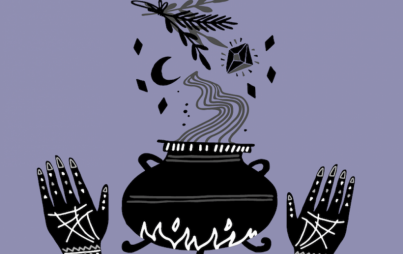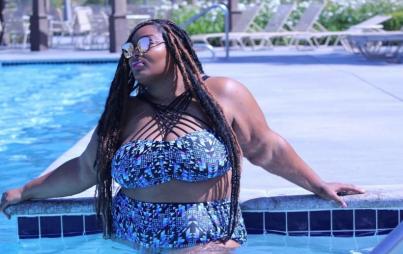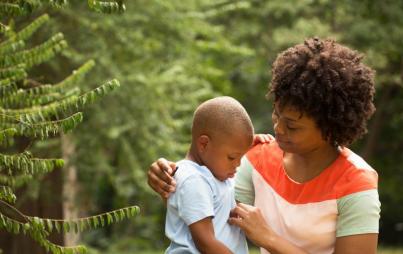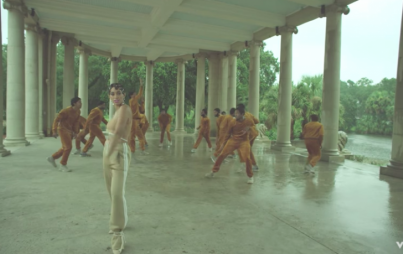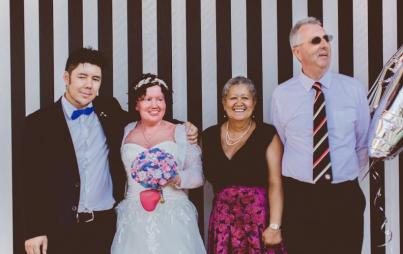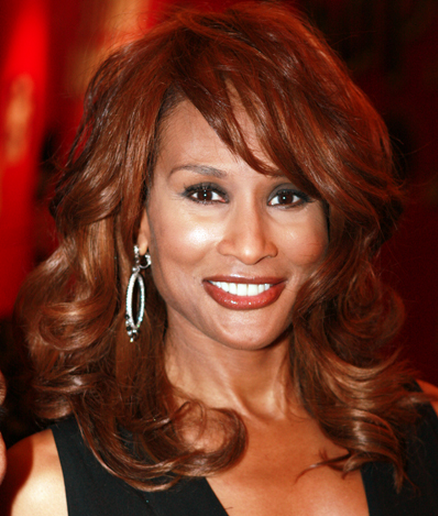
When I first heard the allegations against Bill Cosby, I wished they were a cruel joke, a complicated misunderstanding forged from false accusations and made worse by a merciless 24/7-news cycle, fueled by tweets with unchecked claims.
But one woman turned into three, which turned into 10, and now it’s 19. It’s hard to imagine the same man who played America’s favorite father—and showed the world there’s more than one way to be black—could have drugged and attacked women over four decades. However, it’s a tragic reality for Beverly Johnson and more women.
In an essay she penned for Vanity Fair, Johnson’s tale is sadly no different from the 18 women who already came forward. Lured into a false sense of comfort by the charming Cosby under the guise of auditioning for his show, it was unfathomable that harmless dinners would turn into something more sinister. Despite being famous in her own right as one the first black supermodels, Johnson made the painful decision to keep quiet. Her stardom was nowhere near the level of Cosby's and like the others, Johnson knew she would lose more talking about her attack than her attacker would.
In a sea of blonde and blue-eyed faces, Johnson stands out not only for her established career at the time of her attack, but her blackness as well. Her initial refusal to acknowledge what happened raises a salient point about why she was even more hesitant to speak up as a black woman.
Afraid of being cast as “angry black woman intent on ruining the image of one of the most revered men in the African American community over the last 40 years,” Johnson stayed silent. While it’s easy to call Johnson’s excuse a poor one, it’s a legitimate fear based on a long history of black women being treated as everything but a woman, with reductive, damaging stereotypes still being bandied about.
You don’t have to look very hard to find countless examples of women (particularly black women) called every name under the sun for just, you know, being alive and black. (Remember the last charming bout we had with the New York Times and producer Shonda Rhimes?) And if one actually criticizes or accuses a well-known man of being anything less than perfect, all hell breaks loose—Anita Hill testifying against Clarence Thomas anyone?
And in the wake of the unjustified deaths of black men like Michael Brown and Eric Garner, I more-than-understand why Johnson wouldn’t want to say a word. In doing so, she joined a long list of women who have defended their marginalized communities even when those communities did not protect them in return. Taking responsibility for something outside of her control is just another heartbreaking result of her assault.
Johnson’s story is not unique; her revelation exemplifies the damned-if-you-do, damned-if-you-don’t conundrum anyone faces when deciding to come forward. If you come forward about an assault, you’ll have to contend with slut-shaming and invasive questions about what you did to cause it and could have done to prevent it. On the other hand, wait too long and people will wonder why you would keep it a secret if it were true, assuming coming forth means profiting from the situation. It’s a terrible game where the accuser never wins.
Courage is not the absence of fear but the willingness to act in spite of it. Even with her misgivings, Johnson was bolstered by the bravery of the 18 others to tell her truth. Calling out one black man for his crimes does not hinder her support of black and brown bodies suffering from systematic inequality. In actuality, it makes the community stronger. By not sharing her story, she would allow toxic offenders to infect the good works of the whole. Like a body, a movement only works when it’s healthy from the inside out. There’s never a good time to deal with an illness, but it’s worse to let it spread unchecked.


